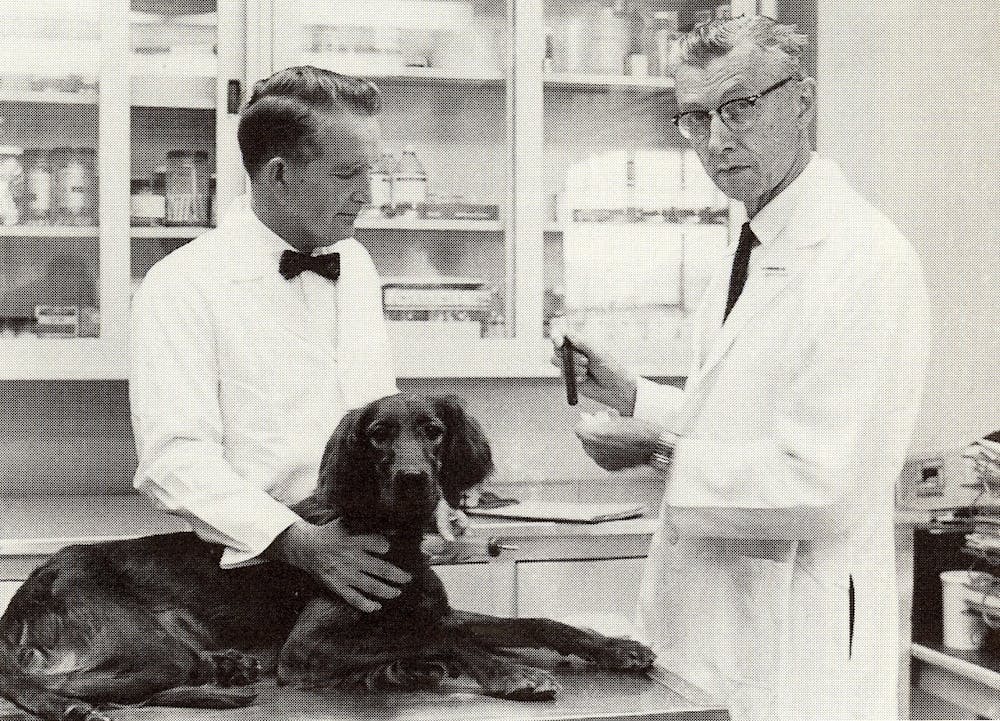UNC is often ranked in scientific and public health research. However, the advocacy group White Coat Waste (WCW) has recently raised concerns about how research is conducted at the Francis Owen Blood Research Center, a University laboratory with National Institute of Health (NIH) funding.
The laboratory aims to facilitate independent and collaborative blood research, according to records obtained by White Coat Waste. The group claims that the laboratory is breeding a cohort of dogs with inherited blood disorders where some may require frequent blood transfusions.
White Coat Waste said it works to defund tax-subsidized animal abuse. The group's public allegations against dog breeding at The Francis Owen Blood Research Center — which falls under the UNC Blood Research Center — surfaced this year.
After submitting a Freedom of Information Act request to the National Institute of Health in 2021, WCW said it received documents detailing the existence of what the organization describes as a “colony of canine cruelty” at UNC that has been tax-payer funded through the NIH since 1947.
“Essentially UNC is running a taxpayer-funded puppy mill to breed sick dogs in use of painful and deadly experiments,” said Justin Goodman, senior vice president of advocacy and public policy at WCW Project.
While animal experimentation for institutions is legal in the United States under strict regulation and approval from authorities, WCW’s concern lies in using tax dollars to fund such experiments they deem inhumane. Goodman said the laboratory alone has received over $20 million in tax funding since 1999.
Daniel López, a research manager at WCW, has concerns that the University is not being fully transparent about the research.
“They are choosing the narrative, and they are drafting all of these public-facing websites in a way that it makes the case for what they want to keep doing,” he said. “We rely on the Freedom of Information Act so we get that side of the story that is not what they chose.”
There are about 60,000 dogs in United States laboratories, Goodman said. Often labs will use more docile dogs for their experiments, commonly beagles, he said, and most of these experimentations are either conducted or mandated by federal agencies.




